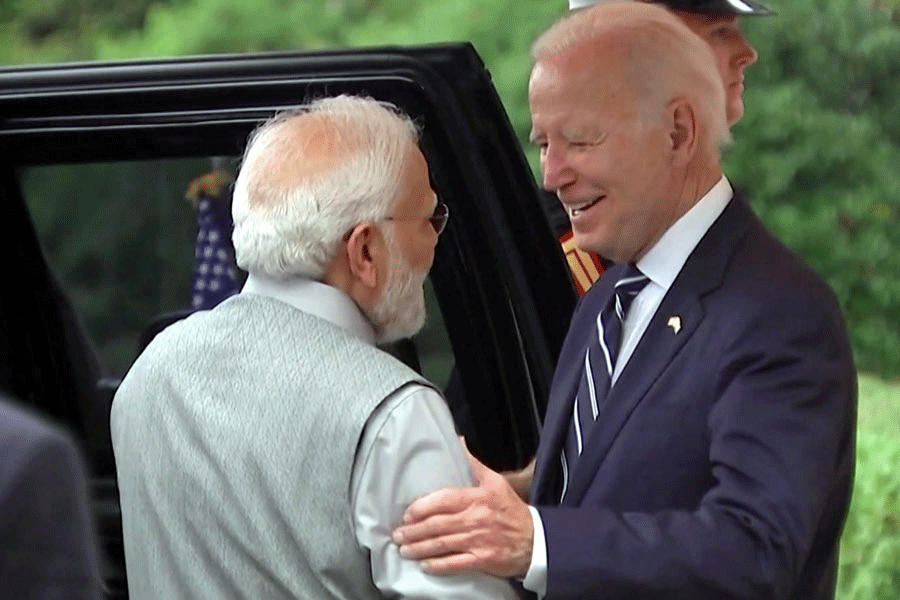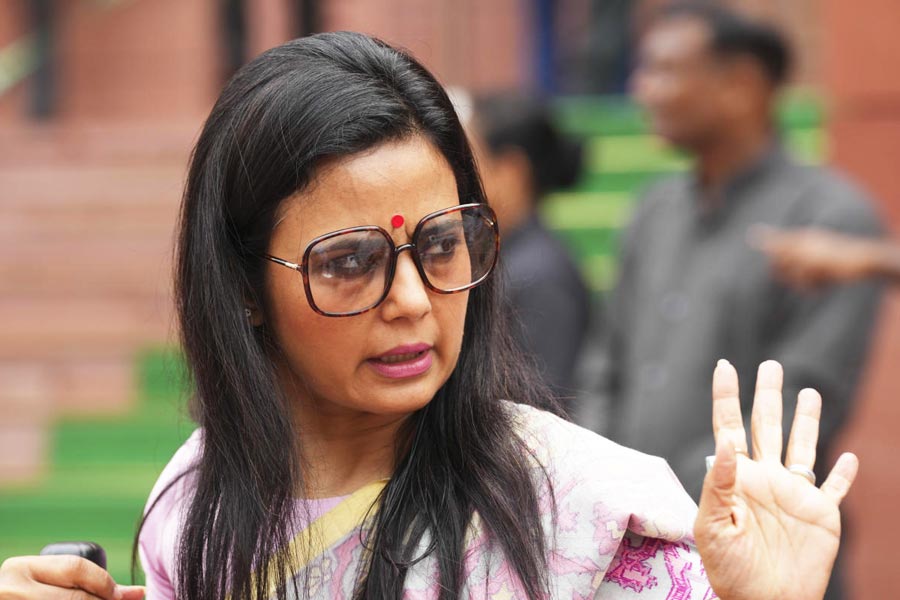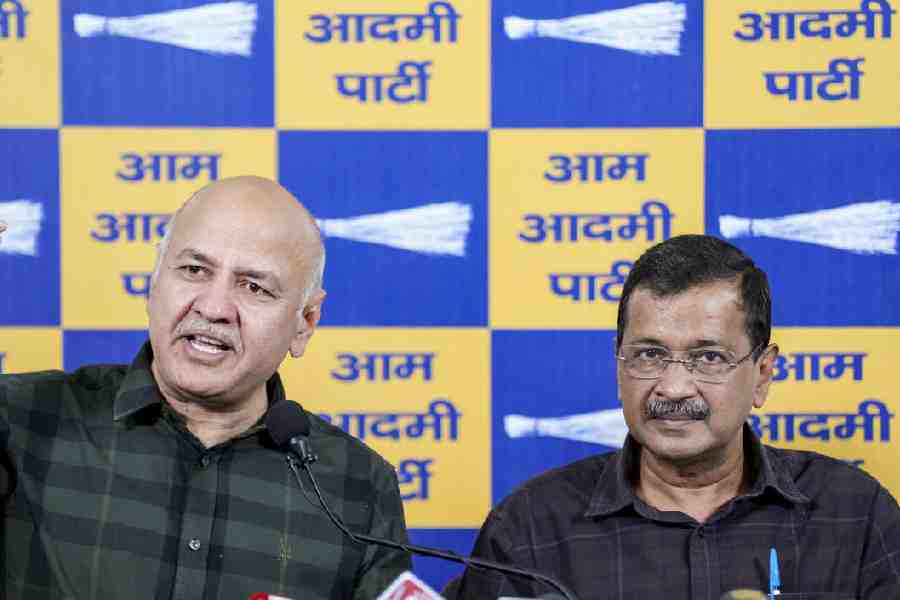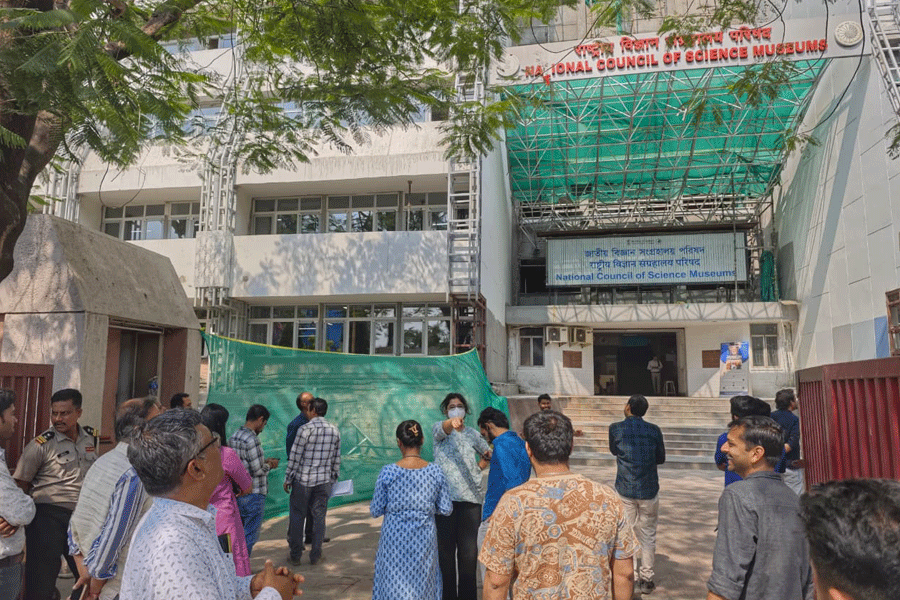Narendra Modi’s visit to the United States of America has served to cement what is arguably New Delhi’s most important diplomatic relationship today. Mr Modi addressed the US Congress for the second time. Only two other leaders have spoken to the US legislature more than once — Winston Churchill and Benjamin Netanyahu: both did it thrice. Mr Modi was greeted by the US president, Joe Biden, and the First Lady, Jill Biden, on Wednesday for a private dinner at the White House and, then, a state dinner on Thursday. While supporters and critics of Mr Modi will no doubt read selective tea leaves to make the visit only about the prime minister, these rare symbolic gestures actually underscore just how much Washington values its ties with New Delhi irrespective of who is in power in both capitals. Unlike most foreign leaders who host Mr Modi,Mr Biden, in his public comments, focused on the strengths and the ambitions of the bilateral partnership — and not on Mr Modi — even as he extended every courtesy to the Indian leader.
That tightrope walk was perhaps necessitated by the domestic politics of both nations. Nine years after he came to power, Mr Modi’s government faces more questions than it ever has, globally and within India, on its promise to deliver development for all amidst mounting concerns over its track record on human rights, civil liberties, adherence to the Indian Constitution’s secular character and press freedom. More than 70 members of the US Congress wrote to Mr Biden urging him to raise these concerns with Mr Modi during their Washington meetings. At least four Congresswomen boycotted the prime minister’s address to the US Congress. Yet none of that took away from the central calculation at the heart of the India-US relationship: both nations need each other, especially in the backdrop of a rising China that the two countries view as a threat.
That shared belief in the value of the relationship helped the two sides secure key deals during Mr Modi’s visit, including those on drones, a pact under which General Electric will manufacture jet engines in India, and other defence agreements. India has also joined a US-led alliance for outer space investigation and Washington has promised to set up new consulates in India to help ease one of the relationship’s current points of concern: a months-long backlog at US missions in issuing visas to Indians. In many ways, the visit emphasised what is often forgotten in an era of personality cults: the long-term future of India’s relations with the US and every other friend depends on what they offer each other as nations. Personal relations and individual-first diplomacy, of the kind that Mr Modi has championed, have limitations and can, at best, serve the national interest in the short run before the leader’s brand turns into a liability. India’s diplomatic boat must not float or sink with its prime minister.










